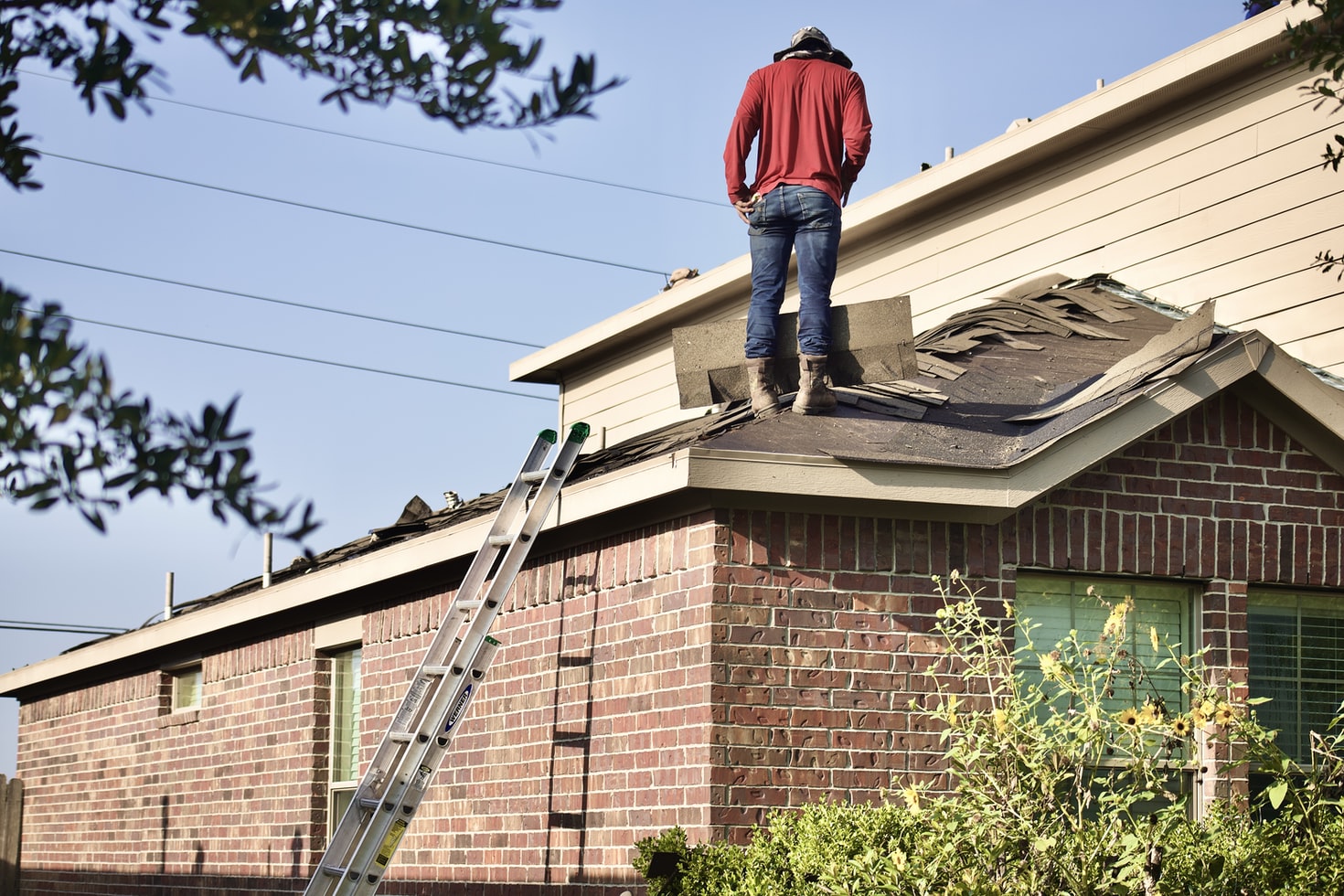Whether designing and building a new business structure or renovating an existing structure, roofing should be a top priority. Your roofing materials and installation method will have an impact on more than just your project budget. They’ll also affect your building’s maintenance budget and maybe on other costs as a result of liabilities incurred during installation.
Membrane roofing solutions are becoming increasingly popular among owners and contractors that provide roofing for commercial properties with shallow-angled or flat roofs. If you’re in the market for a new roof, you’re probably aware of the three primary types of membrane roofing: thermoplastic membrane, synthetic rubber, and modified bitumen.
Modified bitumen is the best option out of all of these cutting-edge roofing materials. Bitumen has been used for almost 5,000 years for its adhesive and waterproofing properties, making it one of the world’s oldest engineering materials still in use today. It is extremely popular in the roofing business since you can use it to produce a watertight structure that has been proven to last. As such, this article will define bitumen membrane and discuss why it has been such a popular roofing material for so long.
What is a bituminous membrane?
Bitumen is a sticky, viscous, and waterproof substance frequently used in paving and roofing. Bitumen’s adaptability has made it the most widely used construction material on the planet, with over 100 billion tonnes used annually. Bitumen membrane roofs are created by combining asphalt with other materials. Simply put, it is a roofing system comprised of modified bitumen membrane sheets made of asphalt.
Types of modified bitumen
1. SBS (Styrene-Butadiene-Styrene)
Styrene-Butadiene-Styrene (SBS) is a generic term that refers to a class of synthetic rubbers made from styrene and butadiene. When blended with bitumen, SBS is a thermoplastic elastomer with good abrasion resilience and aging stability, making SBS modified bitumen waterproofing membrane the ideal bitumen modifier for achieving cold flexibility and elastic characteristics. Because this material retains its shape after stretching, it is frequently utilized in modified bitumen roofing technology, coatings, paving, and sealants, among other applications.
Advantage of SBS bitumen membranes
The benefits of using SBS bitumen membranes include
- Compatibility: SBS is compatible with all types of roofing applications, including flat roofing, bridge decks, car park decks, and green roof applications.
- Resistance: SBS membranes are resistant to the most severe weather conditions, including intense heat and cold, rain, snow, ice, and the freeze-thaw cycle.
- Longevity: The SBS bitumen membrane has an exceptional life expectancy; it keeps its flexibility and suppleness even after aging, making it an ideal flat roof solution.
- Stability: The combination of a high-quality SBS bitumen blend and a high-performance reinforcement provides dimensional stability, allowing the watertight system to withstand building movement.
- Simplicity: Installation is straightforward and can be accomplished in various ways, depending on the requirements and suitability: torch-applied, mechanically fixed, or adhered.
- Waterproof: The building owner achieves security and peace of mind by installing a sturdy, multilayer, built-up feeling SBS modified bituminous waterproof solution.
- Mechanical resilience: Compared to other flat roof coverings, SBS bitumen membranes have higher resilience to puncturing and mechanical damage. Depending on how much traffic the surface will get, there are various high-resistance options.
- Easy to extend lifespan: Overlays can be applied to extend and renew the life of a bituminous flat roof system in most circumstances, making it easy to extend the life of a roof.
2. APP (Atactic Polypropylene)
APP-modified bitumen waterproofing membranes are common. Typically, contractors use a torch to attach these membranes to asphalt. The method resembles mopping in that the contractor must distribute the membrane across the entire roof. After application, you have the option of leaving the roof’s surface smooth or adding granules. Depending on the climate in which you live, your roofer may strongly advise you to use granules. Why? Granules might help keep your buildings cooler throughout the summer if you reside in a hot climate.
Advantages of app bitumen membranes
Modified bitumen undoubtedly provides several advantages. Modified bitumen is quite affordable in comparison to other roofing materials. Apart from the low price, it will last for decades, and most manufacturers give guarantees of between ten and twenty years. Otherwise, why would contractors have used it for 50 years?
Due to its endurance and low cost, APP-modified bitumen remains an excellent choice for most commercial buildings. Additionally, APP-modified bitumen roofs seldom leak due to their lack of seams, making them an excellent waterproof roofing material. Additionally, the material is extremely flexible, which means that a hail storm is unlikely to cause dents, cracks, or other damage.
What bitumen type should roofers use?
Finally, the sort of modified bitumen appropriate for your project is determined by its specifications. SBS-Modified bitumen is an ideal choice if you want to shorten project durations or minimize the use of open fires. SBS-Modified bitumen also provides roofers with the adaptability they require while maintaining the highest level of weather resistance. On the other hand, APP bitumen is more forgiving when it comes to installation in hot-melt situations. All Technonicol bitumen products include industry-leading warranties, and technical assistance is available for all products.
Conclusion
Keeping water out of the indoor environment is crucial for the structure’s stability and indoor comfort and hygiene. Whether you’re waterproofing a foundation, a road, a pitched roof, or a flat roof, Bitumen waterproofing membranes can assist you in achieving the desired design functions.

